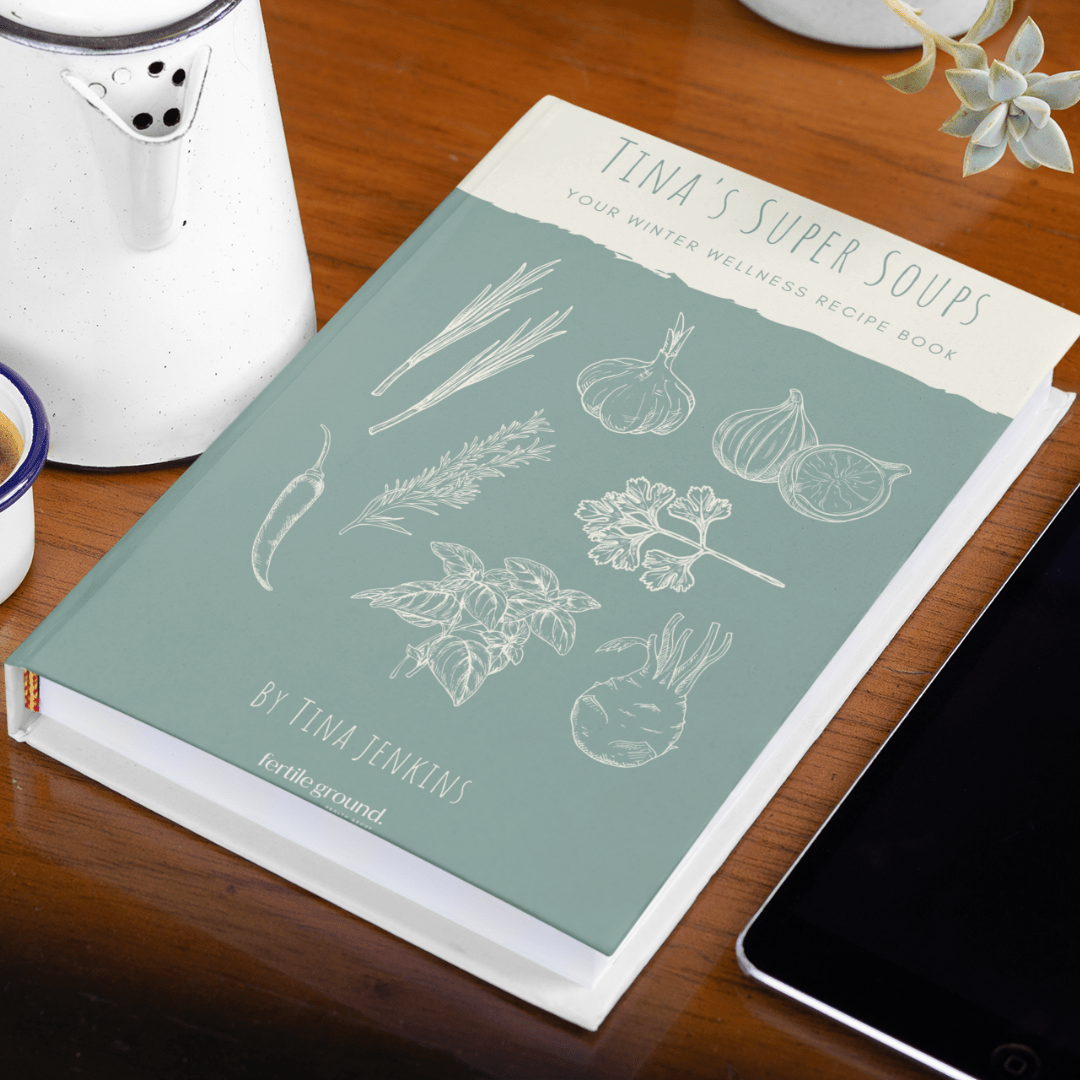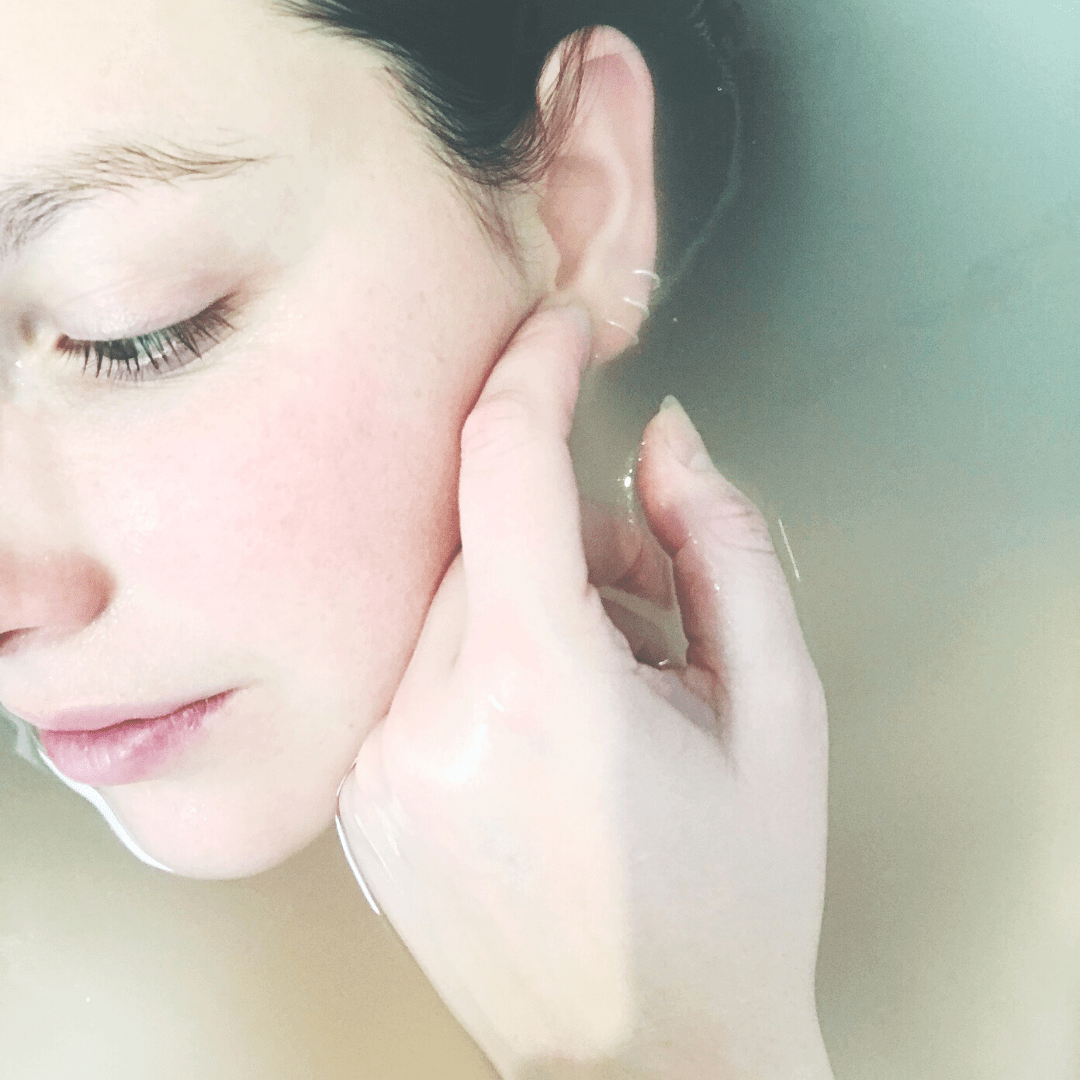
It can be quite overwhelming for any individual or couple to decide if their family plan includes children, let alone go one step further and reach out for support to optimise or facilitate fertility. These decisions can be even more complex for those who fall outside of the mainstream heteronormative, coupled, gender binary.
Fertility plan – where to start?
Knowing when you want to have children is key to where you can choose to start on this journey. Does your family plan include children within the next 3-12 months? Did you know that preconception care takes a minimum of three months to positively influence reproductive health, including egg quality?
One of our expert fertility naturopaths, Sage King, has written a 6-part series to help individuals and couples of all gender identities and sexual orientations confidently navigate their fertility journey and create their own fertility plan. This series is inclusive of everything from preconception pathology screening, naturopathic preconception considerations, how to enhance your fertility naturally, to egg freezing, intrauterine insemination (IU) and In vitro fertilisation (IVF). Sage will be taking a deep-dive in how you can optimise your fertility outcomes.
What you’ll learn in this free 6-part article series
Part One: Identify Your Unique & Individual Needs
- Individual considerations
- Couple considerations
- Sperm donor considerations
Part Two: Do You Need Preconception Screening?
- Understanding your optimal preconception window
- GP preconception screening
- Your functional preconception assessment options
- Naturopathic preconception considerations
- PCOS, Endometriosis and the impacts on fertility
Part Three: Enhance Your Fertility Naturally
- Eating for your fertility
- Exercising for your fertility
- Stress management
- Enhancing sleep quality for your fertility
- Endocrine disrupting chemicals and why you should avoid them
Part Four: Is Egg Freezing for You?
- Age and egg freezing – what’s the go?
- Understanding the egg freezing process
- How to access Naturopathic support for egg freezing
Part Five: What is IUI & do I qualify?
- What is intrauterine insemination?
- Is IUI for you?
- Natural vs. medicated cycle
- Importance of collaborative care
- Naturopathic support options for IUI
Part Six: Your Guide to IVF
- What is IVF?
- Is IVF for you?
- Importance of collaborative care
- Naturopathic support options for IVF
Are you single? In a couple? Do you wish to use your own eggs, or do you want to carry using your partner’s eggs, or vice versa? Do you have a known sperm donor, or will you use clinic-recruited donor sperm? Perhaps a child is not in your short-term plans but you wish to freeze your eggs for peace of mind down the track – there is great information here for you too.
Register to receive notification as each article in this 6 part series is released. Sage is dedicated to helping you identify your unique and individual needs, as well as to provide you with the information you need to feel more informed, more confident on how to best navigate your situation, and most importantly helping you feel fully supported on your fertility journey.
Bonus Preconception Q&As with Sage online
Get your questions answered by joining our closed Create a Fertile Life Facebook group. Submit your questions in this group and Sage will answer.
- Register to receive Sage’s free 6-part article series
- Join our private “Create A Fertile Life” Facebook group to ask Sage your questions, which she will answer live within the group













